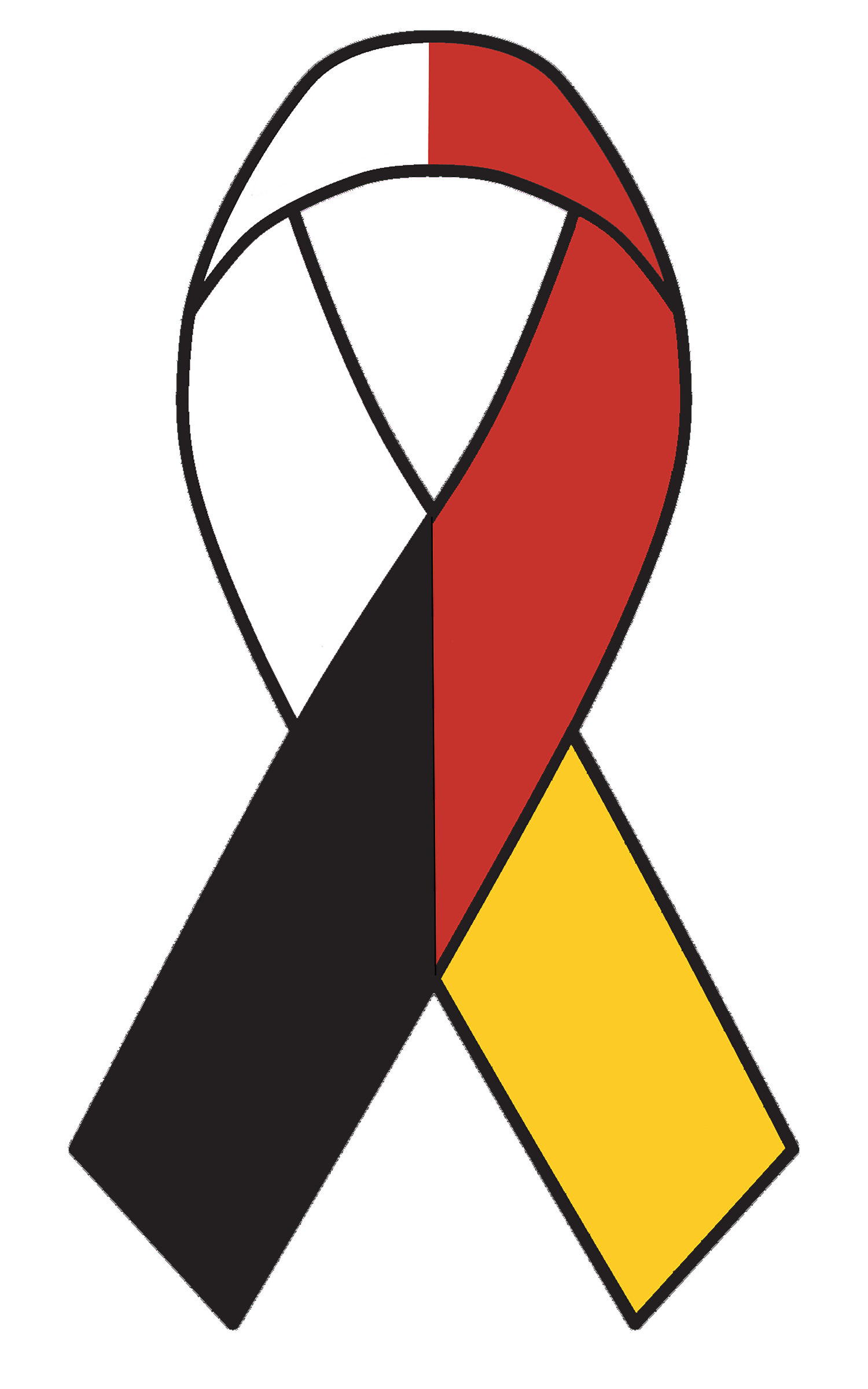Cancer Health Education
The Facts on Our Fight: Cancer Disparities in American Indian and Alaska Native (AI/AN) Communities
Click image to download
Community Health Departments:
Local health departments work to improve the health of people and communities in North Carolina. Below is a list of NC health departments based upon the NC tribal communities.
Eastern Band of Cherokee Indians
Haliwa - Saponi: Halifax, Warren, Nash
Lumbee Tribe of NC: Robeson, Hoke, Scotland, Cumberland
Meherrin: Hertford
Occaneechi Band of the Saponi Nation: Alamance, Orange
Sappony: Person
Native Pathways to Health
The Native Pathways to Health (NPTH) project builds upon existing community-academic partnerships with NC’s AI communities and the University of NC American Indian Center, and seeks to leverage community’s unique strengths to better understand and address tribal health priorities. The tribal communities that partnered (9) in the Native Pathways to Health Project included: Coharie Tribe, Haliwa-Saponi Tribe, Lumbee Tribe of NC, Meherrin Tribe, Metrolina Native American Society, Occaneechi Band of Saponi Nation, Triangle Native American Society, Sappony Tribe, and Waccamaw-Siouan Tribe.
The Native Pathways to health also has a short video summarizing the report.
National and Statewide Cancer Resources
-

Center for Indigenous Health
Founded in 1991 and based at the Johns Hopkins Bloomberg School of Public Health, the Johns Hopkins Center for American Indian Health supports and implements public health interventions designed for and by Native peoples, with the mission to promote health equity for Native Americans.
-

American Indian Cancer Foundation
The American Indian Cancer Foundation (AICAF) is a national non-profit organization that was established to address the tremendous cancer inequities faced by Native communities. AICAF is Native-governed; its board members and employees have an array of experience serving the health needs of our people
-

The Center for Native Health
The mission of the Center for Native Health is the reduction of health disparities for Native communities through engagement in the preservation and respectful application of Indigenous Knowledge Systems (IKS).


